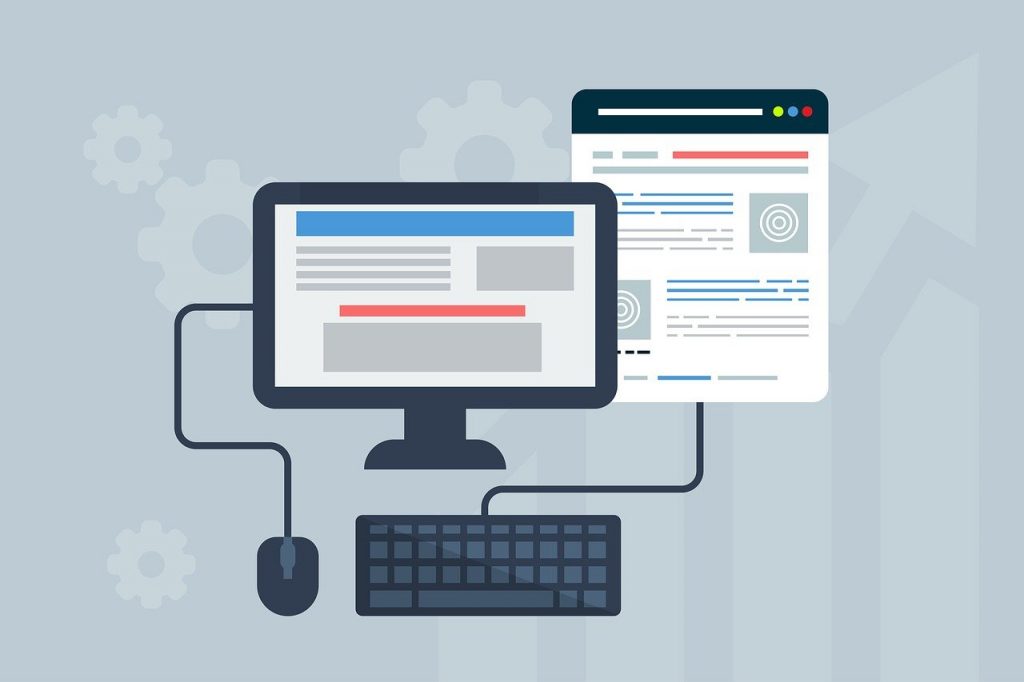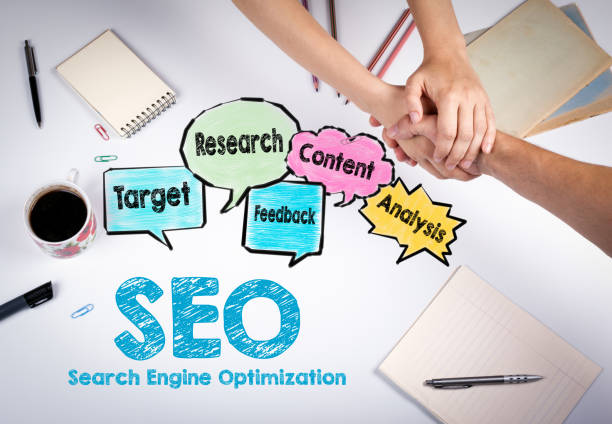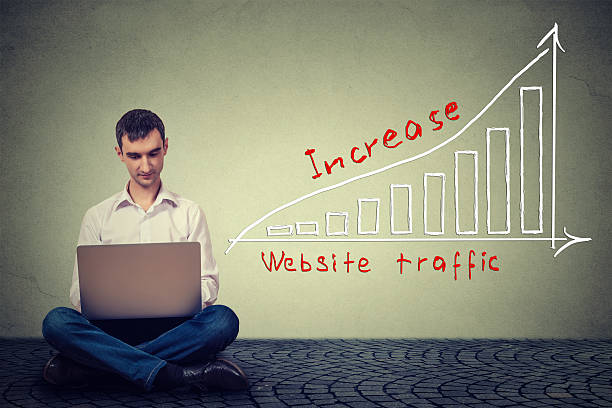Powerful Tips To Improve Website Performance
Having a responsive website for your business is paramount in this digital era. Although creating informative content, applying SEO tactics, backlinks and meta tags does hold importance in the optimization of your website, however, if your website’s performance is not up to the mark, it will be unable to draw the right audience to your site. So, how one can improve their website performance? Don’t fret! In this blog post, I will be giving away some powerful tips which every new and small business can use to improve the performance of their website
Without any further ado, let’s just dive right into it
Powerful Tips to Improve Website Performance

Website performance means how fast a website loads, shows content, images and other media. It is basically the overall experience a visitor has on a particular website.Having a good-performing website is crucial because
- A fast loading website will give a better user experience
- Good user experience and fast loading speed improve the ranking of the site in the SERPs
- Well-performing website encourages customers to shop which increases the conversion rates
- A good user experience will prompt the visitors to come back to your site again and again making them loyal customers
- Mobile-optimized website will draw more traffic as mobile users want rapid results
Now, let’s take a look at some powerful tips you can use to improve your website performance
✅ Optimize images on the page
Images can be regarded as one of the most important factors for your website performance. So, how does image affect the website performance? The size of the images affect a website, if the size is larger it will make your page more heavier which will result in slow loading speed. So, what needs to be done? Optimization of images is very important. Before uploading any image, crop it down, check the resolution, dimension and quality of the image. It is not necessary to use images on every page. If you use images frequently, try to compress them. All these tactics will help your page have low page weight which will allow it to load faster.
Read also: Why your small Business should invest in PPC advertising?
✅ Optimize Page Weight
Images are not solely responsible for the page weight. There are other factors too such as style sheets and documents. Why page weight is important? It is important as it affects the loading speed of the site. The heavier the site, the longer it will take to load. So, first off you need to find the things that are weighing down your site. Then check if there is any unnecessary plugins on your site, use offsite video hosting and others.
✅ Browser caching
Browser caching will help you in saving bandwidth and improving website performance. How? Caching enables you to store web pages locally which means when a visitor comes to your site, they will see the cached version unless the website has changed since the last cache. Doing so will help you make sure visitors will not leave because they will have a good experience on the website. You can use some online tools in order to do that.
✅ Declutter website code
It is important to audit your website on a regular basis. If you want to improve the performance of your website, start by decluttering the code of website. You have to keep few things in mind such as you have to optimize the database queries and you have to use design pattern templates and structured coding.
Read also: Appealing website visuals converting visitors into customers
✅ Reduce the HTTPs requests
When a browser requests a file, page, or image from a web server, it uses the Hypertext Transfer Protocol (HTTP). These queries account for up to 80% of the time it takes for a webpage to load. The browser also restricts the number of simultaneous connections per domain to four to eight. Because loading dozens of assets at once isn’t possible, you’ll need to allow for additional HTTP requests, which will cause the page to take longer to load as it attempts to retrieve them all.
The good news is that lowering the overall number of HTTP requests is a simple process:
- JavaScript (JS) and CSS files should be combined. It takes less time to load one huge file than it does to load numerous smaller files. Combine stylesheets and scripts whenever possible.
- Load only as much as is required. Use conditional expressions (queries) to limit the number of components that the site must load on mobile devices, for example.
- Reduce the number of images you use. If your site is slow to load because of graphics, user experience (UX) is likely to suffer in a number of ways. Remove distracting photos from your site to make it more streamlined and quick to load.
✅ Recheck your hosting plan
The website hosting plan you chose years ago may have been ideal at the time, but as your site grows in popularity and traffic, it may no longer be. What’s the end result? There will be a significant amount of downtime, a drop in website speed, and irritation for both you and your visitors.
So, what exactly do you do? Upgrade to a plan that meets the needs of your expanding audience. If you’re on a shared hosting plan, consider the following options:
- Dedicated website servers: These give a fast and stable internet connection and may be scaled to suit large traffic and bandwidth requirements. They’re more expensive than shared hosting, but they’ll give your site a superior performance. This is due to the fact that you receive a whole server dedicated to one website.
- Hosting on a VPS: A VPS hosting service, in a nutshell, is a cost-effective and scalable way to host a website. It’s a sensible solution for small enterprises or startups that allows them to scale as they grow.
- Static webpages or serverless websites. This improves security while reducing load times. There are certain disadvantages to this option, so do your research before jumping in.
The bottom line
So, these were some of the most powerful tips that you can use to improve the performance of your website. Add them into your website optimization strategies and start reaping the benefits of a well-optimized website.
For more such helpful content just subscribe to our blog.


